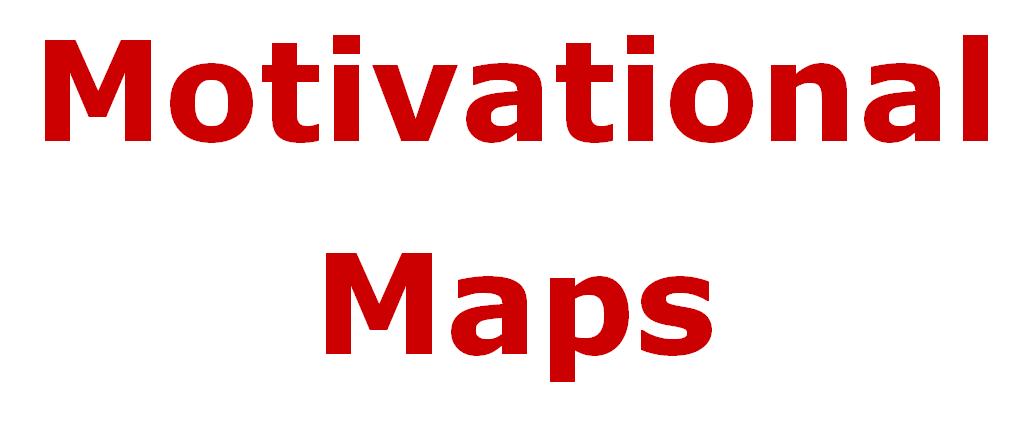Wednesday, 30 May 2012
Thursday, 24 May 2012
Alternative Business Coaching Philosophies - individual and team performance improvement
Contrast
these two coaching philosophies - one where the fact that assume you can only
change 20% of a person’s behaviour means that if you work out where they are now
you can assess whether a 20% improvement gets you to the end point you want and
whether that person is worth investing in; and the second approach which is
anchored more in the power of the individual to have an instrumental role in
improving their own performance and then crafting a strategy around getting
that 20% improvement and what opportunities that creates. Just for the
avoidance of doubt it is the latter that I ascribe to and focus my coaching
interventions on.
This should
also be put in the context of measuring the overall effectiveness of a team
versus the maximizing the performance of each team member. While there is
clearly a threshold below which performance does become an issue and a question
of how long you wait for the desired improvement, this is balanced by the need
to allow for cyclical performance elements of team performance. This refers
to the situation where individuals can be up or down against plans at different
times, but what matters is whether the team is moving forward and each individual
contributes in the best way they can and over the long run proves valuable to
the rest of the team. Patience with this can depend on how willing
individuals are to recognize where they are in that cycle, their awareness of
whether things could change and openness to coaching so they are not seen as a
drag on the rest of the team.
Business Coaching then provides an
essential element to help the individual work effectively in their team -
pulling on their own resources and intuition to provide lasting improvements to
to the way they approach their work. This is different to a mentoring
type approach where mentor can be seen to be potentially providing answers that
should have been provided by the individuals themselves, creating dependence on
their input, confusing line management processes, triggering defensive
reactions of some members of the team and not generating sustainable
performance improvement or buy-in and engagement to any change programme that
the mentoring was supposed to be part of. Some mentors can
also have their own agendas that are difficult to manage.
There really does have to
be clarity and trust between all parties if coaches are brought into a
corporate environment - there should be no ambiguity about whether it is there
truly to help an individual address issues that will improve their
effectiveness and help them meet their own career goals or more assessment and
peer comparison related as an input into other organisational decisions. No point trying to offer a
solution to a problem to someone who doesn’t recognise that the problem exists.
Coaching and Mentoring
Once upon a time, not so long ago, coaching's natural home was the sports arena. Within the business world it was the preserve of only the most screwed-up or self-important. Today it's commonplace. The latest Learning & Development Survey from the Chartered Institute of Personnel & Development (CIPD) shows coaching used 'frequently' by 71% of UK organisations. The irresistible rise of coaching is due to many factors; the increasing need for targeted, individual, just-in-time development; organisational downsizing resulting in larger step-changes in skills and responsibilities; employees demanding development; and growing awareness of the financial costs of poor employee performance.
This season's must have
Coaching is no longer fluffy and frivolous, or for remedial cases only. "Having a coach now carries kudos, not stigma," says Wayne Zangler of Razzle Development, "provided it's labelled as executive coaching." But should coaching be just a senior executive perk, the latest corporate fashion accessory? For performance coach Alastair Hill, "No one should have a coach merely for the sake of it, or due to status. There should always be a specific, individual reason and an identified outcome."
Unfortunately CIPD research shows only 43% of organisations offer coaching to all levels of employees. According to the Institute's Victoria Winkler, "There's still significant confusion as to what exactly coaching is, and how it differs from other helping behaviours such as counselling and mentoring." Broadly speaking, the CIPD defines coaching as "developing a person's skills and knowledge so that their job performance improves, leading to the achievement of organisational objectives". Keep reading...
This season's must have
Coaching is no longer fluffy and frivolous, or for remedial cases only. "Having a coach now carries kudos, not stigma," says Wayne Zangler of Razzle Development, "provided it's labelled as executive coaching." But should coaching be just a senior executive perk, the latest corporate fashion accessory? For performance coach Alastair Hill, "No one should have a coach merely for the sake of it, or due to status. There should always be a specific, individual reason and an identified outcome."
Unfortunately CIPD research shows only 43% of organisations offer coaching to all levels of employees. According to the Institute's Victoria Winkler, "There's still significant confusion as to what exactly coaching is, and how it differs from other helping behaviours such as counselling and mentoring." Broadly speaking, the CIPD defines coaching as "developing a person's skills and knowledge so that their job performance improves, leading to the achievement of organisational objectives". Keep reading...
Friday, 4 May 2012
Subscribe to:
Posts (Atom)


